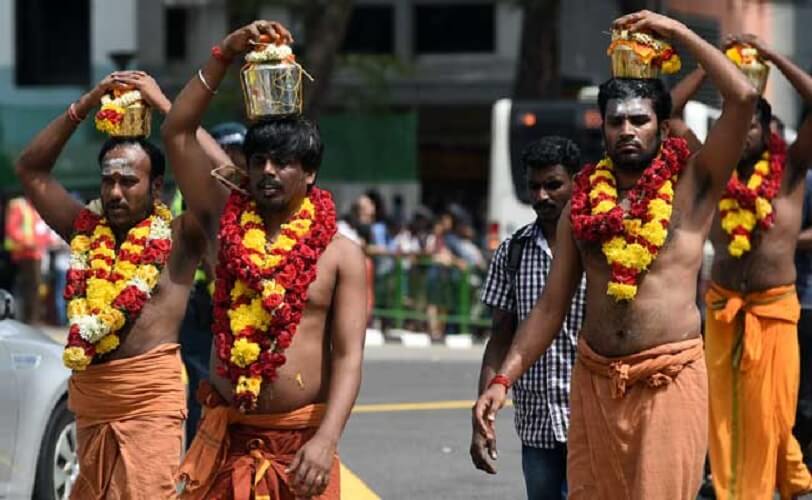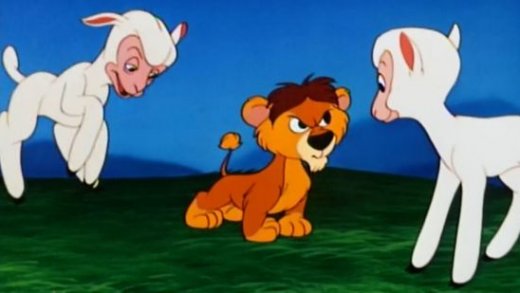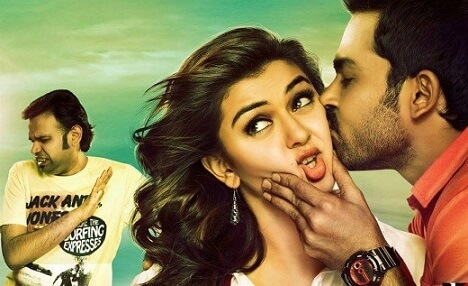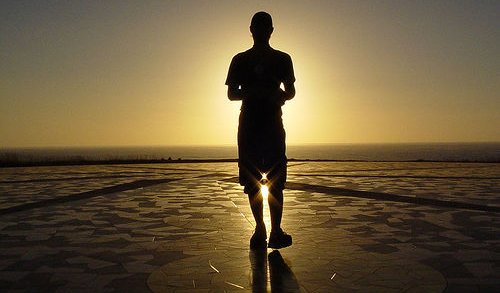
While browsing through the MSN news crawl, I came across two words: “Tamil Tigers”. I laughed a bit because that was the name Tamil people mockingly gave themselves when they were inebriated. I wasn’t really one who cared much for anything Tamil. I was raised to be culturally aware of its religious aspects but that was as far as it went. I then decided to type “Tamil Tigers” into the Google search bar and that’s where the roller coaster ride into understanding my cultural identity began.
Pictures of blood and gore were splayed across the computer screen. From what I could tell, this was a rebel faction that was the symptom of a disease in a country that seemed to be brutally oppressing its ethnic minority. My eyes welled up; my empathy seemed to have been forcing its way through my narcissism.
These people were dying for what I took for granted every day, a freedom to be Tamilian. At that moment, I thought it was time to break away from my sheepish mindset and realize that I have been a lion all along. It was time to figuratively kill the sheep I was, sheer its will, dye it red, make a flag, and be a loud and proud Tamilian. It was time to relinquish the opiate filth of the West that defined me for most of my life.
I became so militant that I felt every Tamil person should show empathy towards those suffering in Sri Lanka. I believed every Tamil person should support the Chennai Super Kings. I thought that they should show interest in the few Tamil movies being screened, and make an effort to learn the language (I still couldn’t speak Tamil at this point). They should support all things Tamil because that was the ground state of who they are and not the identity and language that the colonizer enforced upon them.
I constantly fought with my family because I felt they were sheep who never passed on the language to me. Instead, they spoke the language of the colonizer. I became a loud radical and saw long-time friends distance themselves from me because of it.

I felt like I was better than the Tamil people who weren’t immersed in all things Tamil. I felt like it was my job to show them the way.
I told people to give into so many variables that would sync themselves with their Tamil identities. Yet it was my own scrutiny of these variables that lead to a self-realization that trumped my militancy.
I tried to learn Tamil because I assumed it would mesh with the language processing centers of my brain – since Tamil was in my blood after all. However, Tamil was not English. The rules, the structure, the alphabets and the pronunciations were all too much. Even the limited Tamil I knew felt awkward across my vocal cords. I left Tamil classes because quite frankly, Tamil was not my language.
Tamil movies followed the same plot lines which always involved a trophy girl (who always appeared to be fair skinned). I felt that Tamil movies were never screened by movie houses because we were wrongfully looked down upon. But the truth was that Kollywood served a nasty kind of grub not many people wanted to savour. It lacked the magic of Hollywood.

I attended Tamil shows and festivals. Some were nice and colourful, but after a while it seemed like the same thing over and over again. I appreciated the abilities of the artists but I knew that these were songs and dances that didn’t really ignite my soul. No matter how hard I tried to like it, I just couldn't.
But I’d say the apex of my self-realization came when I interacted with other “pakka” Tamils. I remember asking a member of a popular Tamil organization a question. I asked him, “Why does the president of the organization not answer my e-mails?” His response was that the president was a ‘big guy’ and that I should speak to another member. Basically, that translated into me being nobody in the hierarchy that was Tamil.
It didn’t stop there. People that were fluent in Tamil always had this arrogant and condescending air about them. It was as if they were the chosen guild ready to guide and teach silly lost souls like me. The same could be said for businessmen, politicians, singers, dancers, and people who grew up in strongly orthodox Tamil homes. They made the Tamil identity feel like something they owned and held the title deeds to. It seemed as if they were licensed to police the Tamilness of others because they were established names in the community.
But I realized that Tamil wasn’t a community. It was an organized cult. And this was a cult I did not want to be a part of.
Karma delivered a vicious kick to my groin. And I deserved it.
At this point in my life, I just felt lost. I wasn’t Tamil enough and I didn’t want to be a product of colonialism. Who was I really?

After watching Hotel Rwanda, a story about Rwandan refugees fleeing their country during the genocide, I realized the main theme was that of survival. Perhaps I missed the subtle message of hope that emanated from the atrocities in Sri Lanka. It was never supposed to make me roar like a lion but instead appreciate the fortitude of the human spirit amidst all the gloom.
Throughout my militant rants, I was right about one thing. Tamil was in my DNA. It carried the survival stories of those who came before me, singing songs of hope as they built a world for their offspring to embrace a culture of their own choosing, a culture of their own creation. I didn’t need to know a language or follow old traditions to be Tamilian.
In that moment, I knew that I was, am and will be Tamilian in everything I did, do, and will do. It was with me at my first breath and will be there at my very last.
I believe that Tamil together with every other language that has faced some sort of discrimination in the past deserves to be preserved. Information should always be available for people wanting to learn it. But we should always respect those who don’t want to embrace it, and respect their critiques of it.
If I went back thirteen years, I’d say this to my militant self…
The current economy of how people choose to see themselves is always changing. There are no set definitions for what a person that belongs to a particular ethnic group should be. But try to create a world where people are comfortable enough to be who they want to be.
Oh, the gift of hindsight.

Related articles: What Does It Mean to be Tamil? A Personal Reflection Finding Tamil Identity The Difficulty of Saving Tamil Culture Why I am Proud to be Tamil-Canadian 2 Weeks a Year: How a Trip to Sri Lanka Changed My Outlook on Life

























